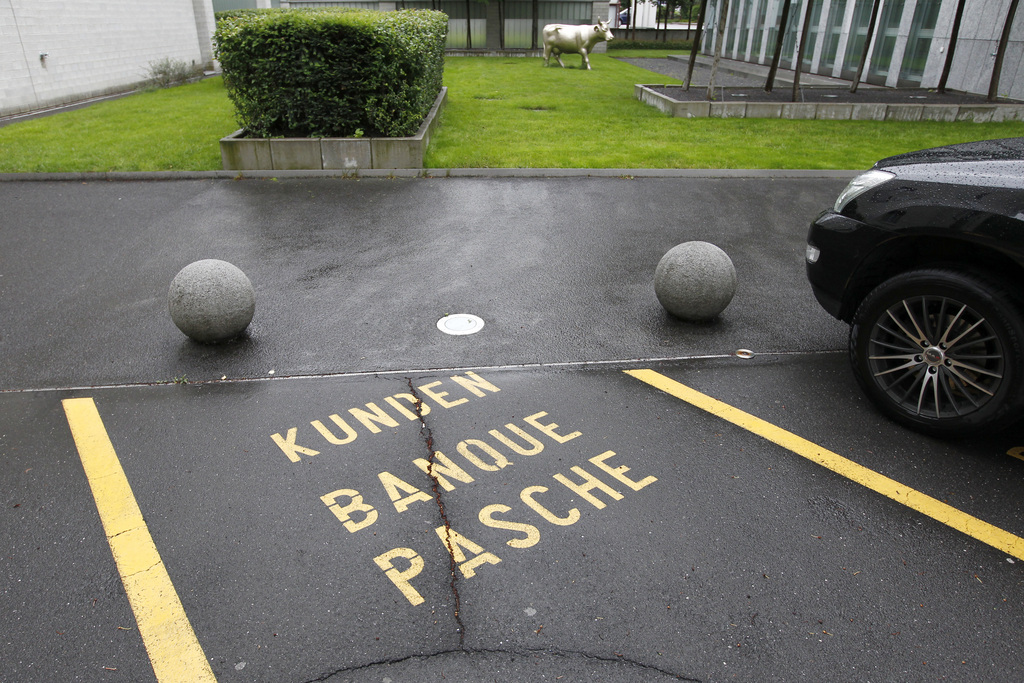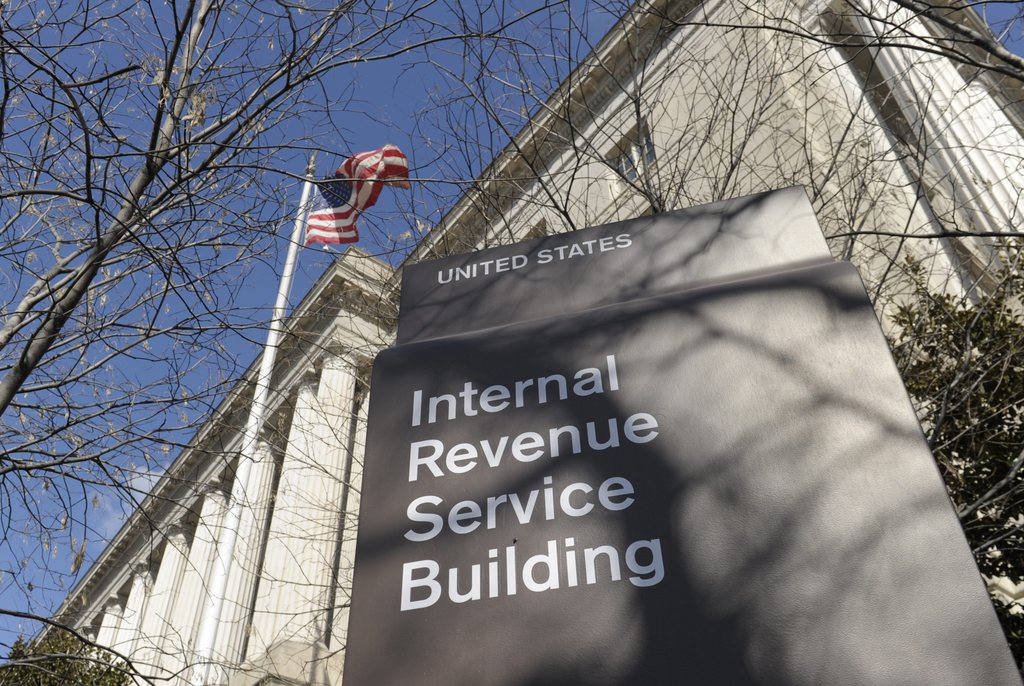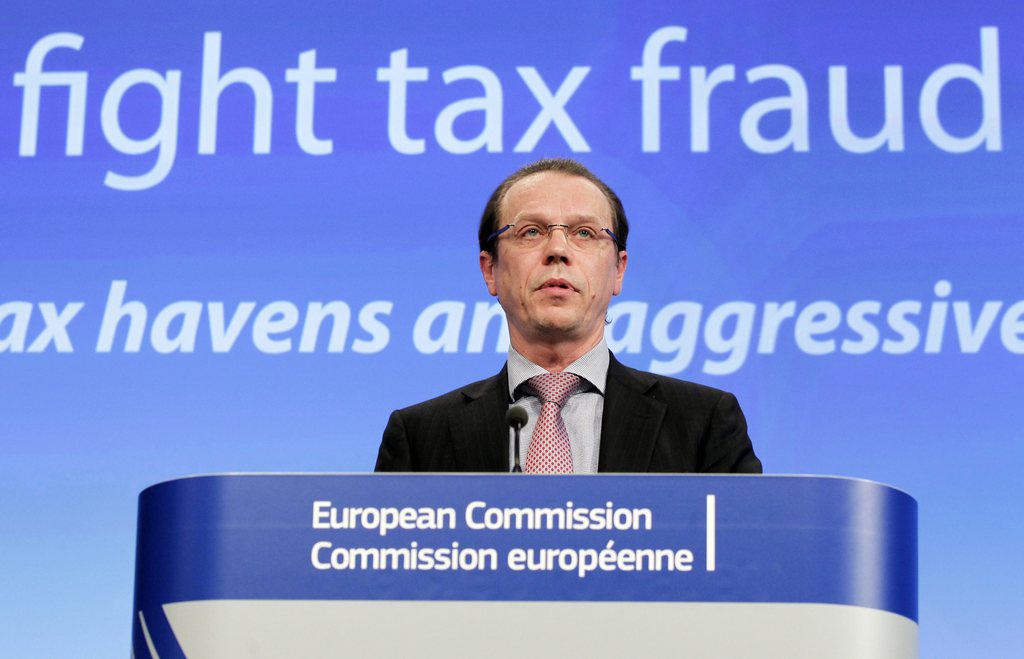Lawyers cry foul over bank data transfer

Swiss financial lawyers, tax advisors and asset managers are bracing themselves for a legal battle with the United States if banks get the final go-ahead to release their names to US tax evasion investigators.
Parliament will vote during its current session on whether to accept or block a cabinet proposal to allow banks to hand over confidential data chronicling their business dealings with US clients. In doing so, the financial institutions would dodge both Swiss banking secrecy laws and criminal prosecution in the US.
While Swiss banks are in favour of the deal – at the cost of potentially huge fines – lawyers, tax experts and independent wealth advisors oppose the names of alleged third parties to tax evasion business tied to the banks being handed over to the US authorities. Under the terms of the agreement pitched by the cabinet last week, they would not enjoy the same immunity from US prosecution.
The Chamber of Swiss Tax Advisors immediately condemned the political deal, rushed through by the Swiss government last week to assuage growing US impatience, as “unacceptable” and “disproportionate”.
“Not only is the content [of the agreement] half-baked, but the action of the government is also disturbing,” the Chamber said in a statement.
“The past mistakes of individual big banks are now being corrected by a wide range of professions [connected to their activities] only in the broadest sense.”
The cumbersomely-named “Federal Act on Measures to Facilitate the Resolution of the Tax Dispute between Swiss Banks and the United States” authorises banks to leave a paper trail of evidence leading to US tax dodgers.
While banks cannot name clients or give details of their accounts, they would be allowed to hand over confidential correspondences of their dealings with US citizens.
Included in this data is “details on people who were involved in the US business” – meaning their own employees and other third parties, including lawyers, asset managers and the like.
The US must apply to the Swiss government if they want the names of clients under the terms of the existing double taxation agreement between the two countries.
Banks blamed
The Swiss Association of Asset Managers said its members would be treated like “second-class citizens” compared to bank executives, who will escape penalty, and lower bank employees who will receive at least some legal protection from the Swiss authorities.
The only consolation for the Association was that the mass release of bank information would probably not lead directly to a “great wave of lawsuits”. But only because the US authorities already have names from an earlier, more limited, handover of Swiss bank business correspondence and a host of self-declarations prompted by tax amnesties.
The Swiss Association of Trust Companies continued the theme of ill-will towards the all-powerful large banks. “The upper echelons of bank managers who made all the decisions will not be liable because they are unlikely to have dealt with clients personally,” Association chairman Alexandre von Heeren told swissinfo.ch. “It is others who will pay the price.”
Von Heeren is confident that most members of the association have steered well clear of business involving untaxed assets. But he added that some rogue trustees that operate in the shadows may have cause to be concerned.
In addition to being named for past misdemeanors, Swiss lawyers, trustees and others are also facing global legal changes that will make them more transparent in future.
Swiss parliament will vote during its current session on whether to implement the US Foreign Account Tax Compliance Act (Fatca) that would force managers of opaque offshore structures to reveal the identity of asset owners.
Under the Swiss negotiated version of Fatca, trustees and foundation administrators would require consent from clients before naming them to the US authorities.
However, they would be obliged to notify the US of non-compliant clients and their identities could be revealed under the terms of the double taxation agreement between the two countries.
And the EU wants to update its 2004 Savings Directive to close loopholes that allow tax dodgers to hide behind offshore trusts, foundations and sham companies.
Financial institutions would in future have to name the beneficiaries of assets hidden in these structures or impose a withholding tax.
The European Commission was given a mandate in May to negotiate the amendments with Switzerland.
But EU member states Austria and Luxembourg have yet to fully approve the changes, holding up its implementation in the EU.
Legitimate purposes
Some light has recently been shed on the role that lawyers, trustees and others play in salting away assets in secretive offshore constructions.
Earlier this year the “offshore leaks” media reports named some Swiss lawyers who had moved around the assets of wealthy clients to remote, sun drenched islands via Singapore.
But the industry maintains that there are legitimate reasons behind such practices. Swiss lawyer Peter Hafter managed the assets of the now-deceased German multi-millionaire Gunter Sachs, who lived for several years in Switzerland.
Trusts were essential to organise Sach’s sprawling wealth and to dole out inheritance among his heirs once he had died, Hafter told Swiss state television.
Shady practices
But a different picture of how these offshore structures work emerged in Manhattan court papers in April that indicted a different Swiss lawyer on tax evasion charges.
The lawyer worked hand-in-hand with a series of Swiss bankers to hide the assets of wealthy US tax dodgers. He set up trusts and sham companies in Liechtenstein, Panama and the British Virgin Islands to conceal the identity of his client, according to the indictment.
The court papers also accused the lawyer of using secretive constructs to move assets from banks under US investigation to other Swiss banks that were thought to be safer.
US tax lawyer Scott Michel is one of many observers who believes such tax dodging scams to be widespread.
“Lawyers in tax haven jurisdictions have for years marketed their services to financial institutions to help clients set up trusts or other structures to provide additional layers of confidentiality,” Michel told swissinfo.ch. “Banks send clients to these lawyers for help.”
“Lawyers in Switzerland and other countries who have engaged in this conduct are now vulnerable,” he added.
Michel expects further US indictments as a result of the latest data handover from Swiss banks, but would not predict how many. Lawyers, asset managers, trustees and tax advisors will find no hiding place from US prosecution even if, like some Swiss banks, they have no base on US soil.
“Lawyers’ reputations are their stock and trade,” Michel told swissinfo.ch. “Even if a law firm has no presence in the US, or there is no prospect of them standing in a US courtroom, the Justice Department can inflict enormous damage just by charging them with a criminal offense.”

In compliance with the JTI standards
More: SWI swissinfo.ch certified by the Journalism Trust Initiative




You can find an overview of ongoing debates with our journalists here. Please join us!
If you want to start a conversation about a topic raised in this article or want to report factual errors, email us at english@swissinfo.ch.